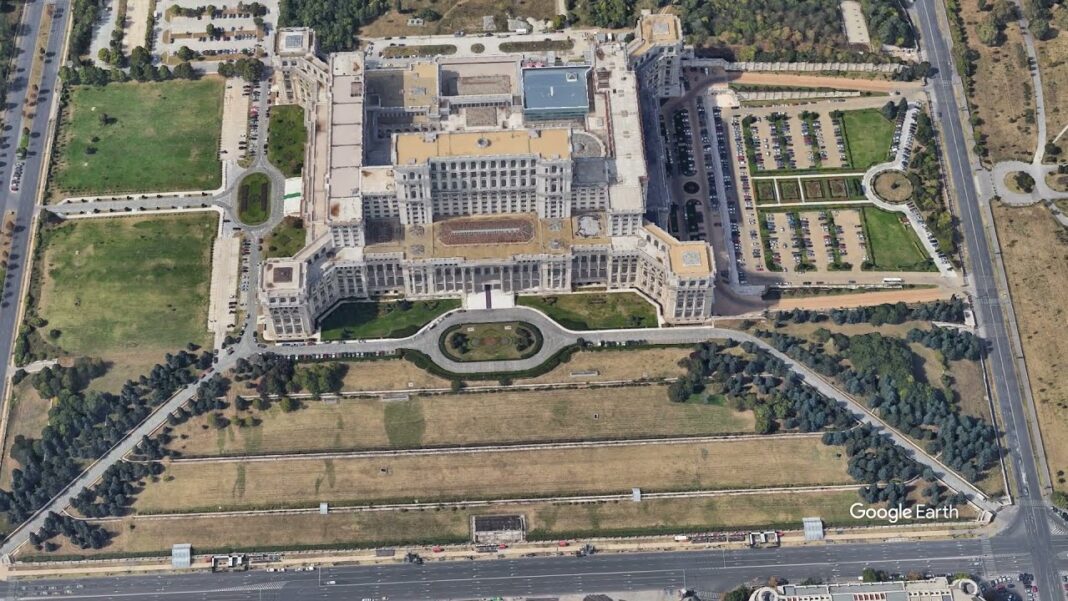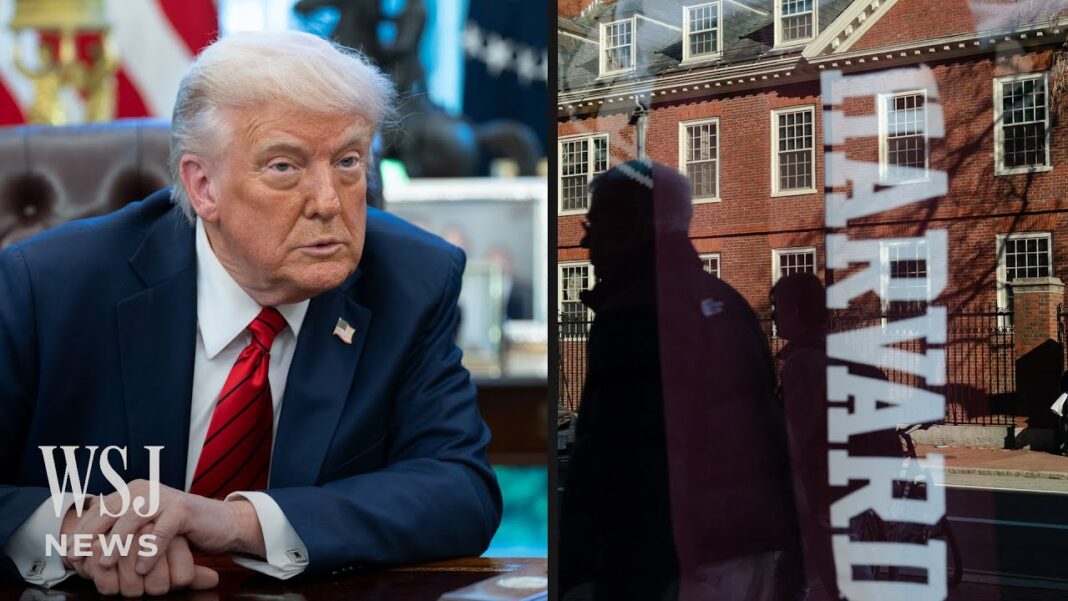The country is set to go to the polls in what could be the most contentious vote since it threw off the shackles of communism more than 3 decades ago.
Romanians will vote in the first round of a presidential election on Sunday amid the deepest political crisis the country has faced since the fall of communist dictator Nicolae Ceaușescu in 1989.
The election is taking place months later than was originally planned, after the previous vote was annulled by Bucharest’s supreme court.
That poll was held on Dec. 6, 2024, and resulted in conservative outsider candidate Calin Georgescu topping the polls, to the shock of Romania’s political establishment.
The court nixed the vote amid allegations of electoral violations and a Russian campaign promoting Georgescu, who is now under investigation and barred from running.
Moscow has denied meddling.
Despite 11 candidates appearing on the ballot paper, there are only five realistic contenders for the post.
They are: George Simion, a Eurosceptic nationalist; Nicușor Dan, Bucharest’s mayor; Crin Antonescu, a veteran centrist and former prime minister; Victor Ponta, another former prime minister and supporter of U.S. President Donald Trump; and Elena Lasconi, the runner-up in the aborted 2024 poll.
If no candidate wins more than 50 percent of the ballots, a runoff will be held on May 18.
What Are The Issues?
The core issues in this election are the direction Romania will take going forward and a profound dissatisfaction with the current political class.
There is a clear divide in the position of the main candidates, with Simion and Ponta both taking a very nationalistic stance and opposing continued aid to Ukraine.
A victory for Simion, widely seen as Georgescu’s heir, would likely unsettle both the European Union and NATO, two organizations Romania is a member of.
However, though he has been critical of the amount of aid being sent to Ukraine, he has previously called Russian President Vladimir Putin a “war criminal.”
On the other side of the equation are Dan and Antonescu, who are both running on very pro-EU and NATO platforms.
Both these candidates have been very vocal about support for Ukraine and the need for it to continue, as well as their wishes to orient themselves more toward Europe, rather than shifting to nationalism or into the orbit of Moscow.
By Guy Birchall








